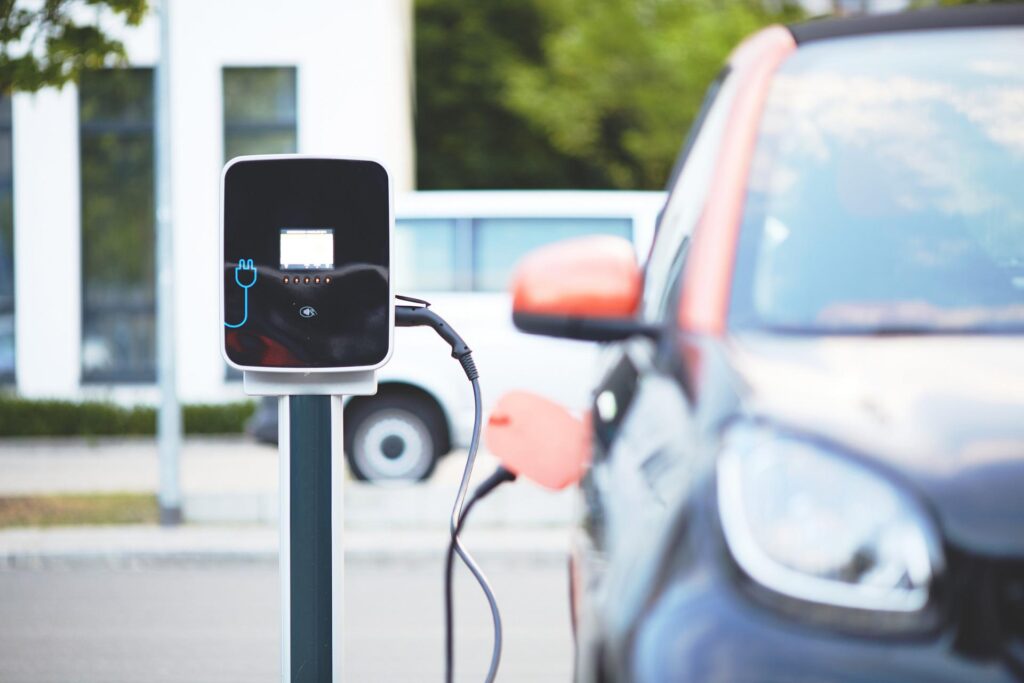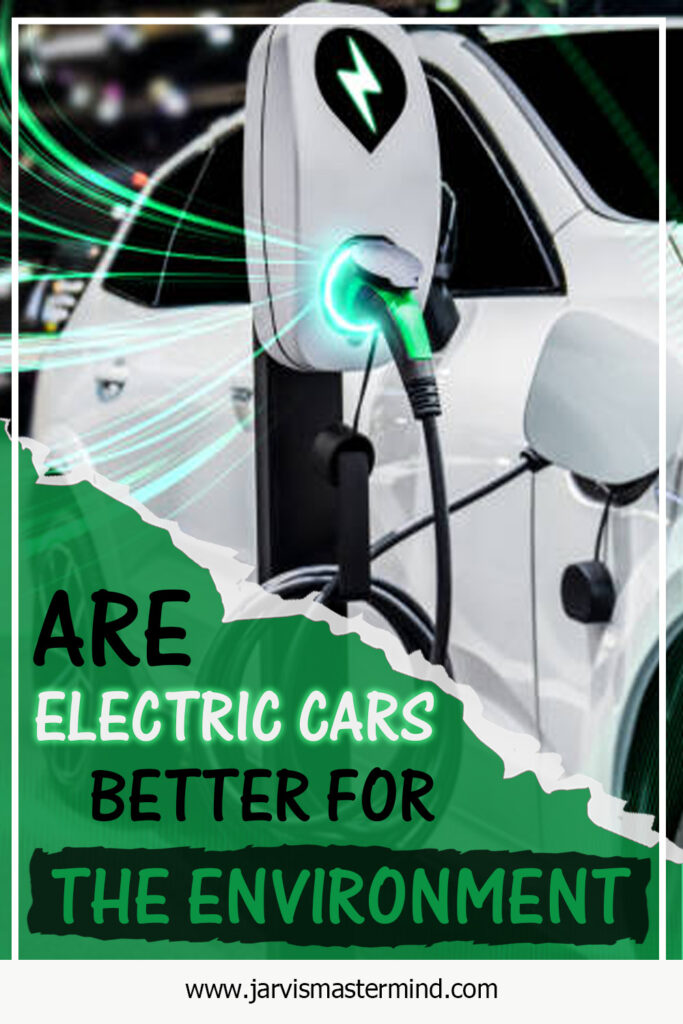Electric cars are the hype right now, Elon Musk with his company Tesla are leading the world in the transition to electric vehicles with modern designs and energy-efficient cars.
The theory says that electric vehicles are better than gas-powered cars for the environment because it doesn’t emit CO2 for their operations, but is this true? Are electric cars truly better for the environment or is this just hype?
Let’s find out…

How are Electric Cars Built?
Electric vehicles are based on electric motors powered by traction battery packs instead of regular internal combustion engines powered by fossil fuels.
And like charging your laptop or smartphone, electric vehicles must be plugged into a wall outlet or charging equipment to be charged and able to operate.
Electric cars don’t emit any CO2 gases while operating, because they don’t burn fossil fuels and that is what made them gain the reputation that they are eco-friendly.
I’ve discussed in an earlier article that clean energy is labeled ‘clean’ just because they don’t emit any greenhouse gases but that doesn’t mean they are harmless to the environment, everything has downsides.
What are the Disadvantages of Electric Cars for the Environment
If you just narrow down your evaluation to the operation of electric cars, then yes they don’t emit greenhouse gases so they get the green label.
But, if you evaluate the whole life cycle of the product, this is a different story.
There are three points critical to electric cars to be a successful environment-friendly alternative to fossil fuel-powered cars:
- Charging
- Manufacturing
- Managing Waste
Charging of Electric Vehicles
Electric vehicles need to be charged with electricity to fully operate, which means if the grid providing this electricity to the car isn’t clean there will be more consumption of air polluting electricity.
So from this angle, we will need to build efficient, and clean electricity grids to be successful at reducing the emissions of cars.
This is happening, at a slow rate, but it’s happening. In the United States, many coal power plants have been replaced with solar, wind, and natural-gas power plants which are way cleaner than coal.
And this indeed has had an impact, researchers have found that electric vehicles have generally got cleaner.
Manufacturing of EVs
Lithium-ion batteries have two main components, each one has its own set of problems:
- Cobalt
- Lithium
Cobalt has two problems, the first one is that mining produces hazardous tailings and slags that can leach into the environment. The second is that 70% of cobalt is mined in Congo, cobalt miners get exposed to dangers and health risks, and a great proportion of the miners are child laborers, so it’s a humanistic problem too.
Lithium can be mined in Australia or the Andean regions of Argentina, Bolivia, and Chile. It’s extracted from salt flats and it uses large amounts of underground water to pump out the brines drawing down the water available to Indigenous farmers and herders.

Managing Waste (Recycling)
While most of today’s electric cars are using lithium-ion batteries an earlier generation used lead-acid batteries, this earlier generation is coming to an end of its life cycle posing the challenge of toxic waste.
Lead acid batteries contain toxic chemicals that are dangerous for human health and wildlife, these toxic chemicals can leak into air or soil.
How Are Electric Cars Better for the Environment
The first obvious point in favor of electric cars is that it doesn’t emit greenhouse gases for operation, and this is significant, this means that if we manage to solve the other challenges we can make the whole process of manufacturing to recycling low to zero emissions which is a huge step forward when it comes to climate change.
When no greenhouse gases are emitted this will mean less air pollution, so people with respiratory health conditions and everyone, in general, can have a better quality of life and breath clean air.
In general, there will be fewer environmental risks because fossil fuels are considered a great source of pollution and damage to the environment.
Conclusion: Do Electric Cars Pollute the Air?
It depends on a lot of factors, but currently yes, but less than traditional cars and it’s expected to be reduced with future developments.
Currently yes electric vehicles pollute the air for the above reasons we’ve discussed, so if we manage to overcome these problems we will have cleaner means of transportation that don’t emit greenhouse gases.
